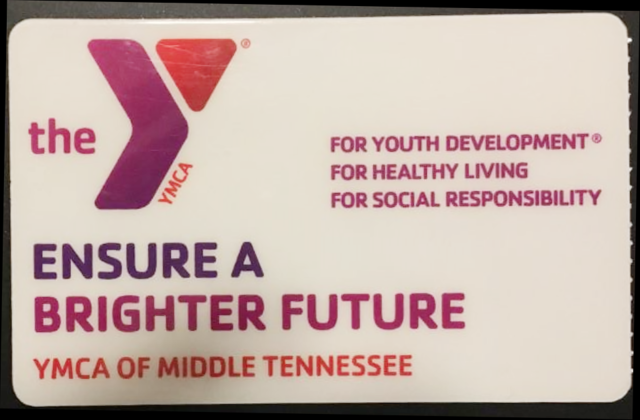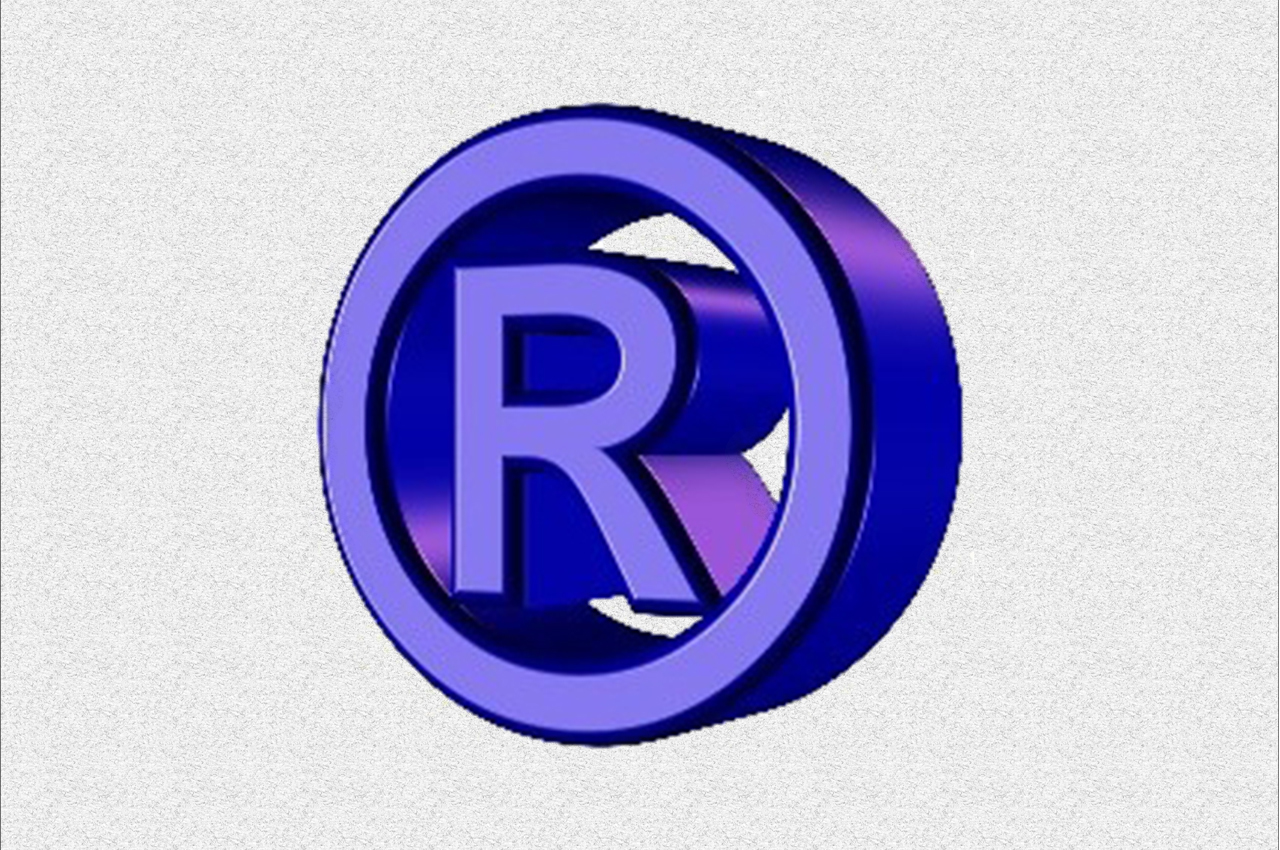Resources
Trademarkology
Beloved Brand Nicknames
One sign of a prominent, strong, and/or beloved brand is a nickname. Consumers sometimes show their affection for their favorite brands by abbreviating them, elongating them, or creating variations of them. On the flip side, sometimes brand owners create their own brand nicknames, perhaps in an effort to manufacture the desired consumer affection. And then there are occasions where it is hard to tell whether a nickname originated with the consumers or the brand owner itself.
Perhaps the most recognizable brand nickname, “Coke,” was one the Coca-Cola Company eschewed for a long time, as explained here. The company tried to adhere strictly to use of “Coca-Cola” for a number of years. When it finally embraced the term “Coke” in 1941, the Coca-Cola Company launched a marketing campaign to let consumers know that “Coke means Coca-Cola.”
When nicknames for brands develop, they can work their way into popular culture. General Motors’ advertising agency estimated that there are hundreds of songs that refer to or are about Chevys. General Motors owns several registrations for variations on the word “Chevy.” None covers cars or trucks, but one covers toy cars:

Brand owners can run into severe criticism for denying consumers the use of beloved nickname marks. Eight years ago, the marketing team at General Motors tried to pressure the business to use only “Chevrolet” and not “Chevy” when referring to cars. They went so far as to establish a curse-jar to collect quarters for every inadvertent use of “Chevy” (with funds to be used for a team building event). Ironically, the memo explaining the policy cited “Coke” as an example of brand consistency that General Motors sought to emulate. Ultimately, General Motors recognized the error of its ways and resumed use of “Chevy” to refer to its products.
As others have noted, you cannot control what consumers call your brand. So if you can’t beat ’em, you may as well join ’em (or at least claim the nickname as a mark for yourself). The National Council of Young Men’s Christian Associations of the United States of America observed that many of its members were referring to it simply as the “Y” (rather than “YMCA” or, as I have never heard it called, the full trade name). They embraced this nickname wholeheartedly and registered the mark. As it happens, use of the abbreviated abbreviation helped diminish the emphasis on gender (since both men and women attend the Y these days) and religion (since the YMCA is open to all faiths).

First new card in 18 years of membership.
But nicknames are not always abbreviations. One popular brand nickname is “Mickey D’s” (registered in both possessive and plural forms). I am not sure whether this is an appropriation of a consumer-generated nickname or whether it is one developed by the corporation, but McDonald’s Corporation fully embraced it and sought registration for it in the early ’80s. McDonald’s has also embraced its nickname in Australia, where it is known as “Macca’s.” According to one article, McDonald’s even celebrated its 40th anniversary in Australia by temporarily changing signage on several of its restaurants to the nickname. Consumers in other countries have their own nicknames for McDonald’s. The fact that different groups of consumers have their own ways of expressing affection for the brand is a good reason not to abandon the full name even while embracing the nickname, and for leading with the full name when entering new markets.
Sometimes beloved products beget whole slogans and not just nicknames. Children of the 1980s will remember Nintendo’s Donkey Kong video game featuring an ape throwing barrels. Out of that sprang the phrase IT’S ON LIKE DONKEY KONG. According to various sources, the phrase was popularized (if not originated) by Ice Cube in a rap album from the early ’90s. (Ice Cube credits his cousin with coining the phrase here.) After almost two decades of popular use, Nintendo decided to claim the phrase for itself as a mark, seeking registration for it in 2010 and first using it in US commerce in 2013 as displayed below.

After drinking a Coke with dinner at Mickey D’s, I had to drive a Chevy to the Y to work off some calories. But even in this fictional closing line, I can’t imagine myself saying “It’s on like Donkey Kong.”
Read more from Trademarkology



